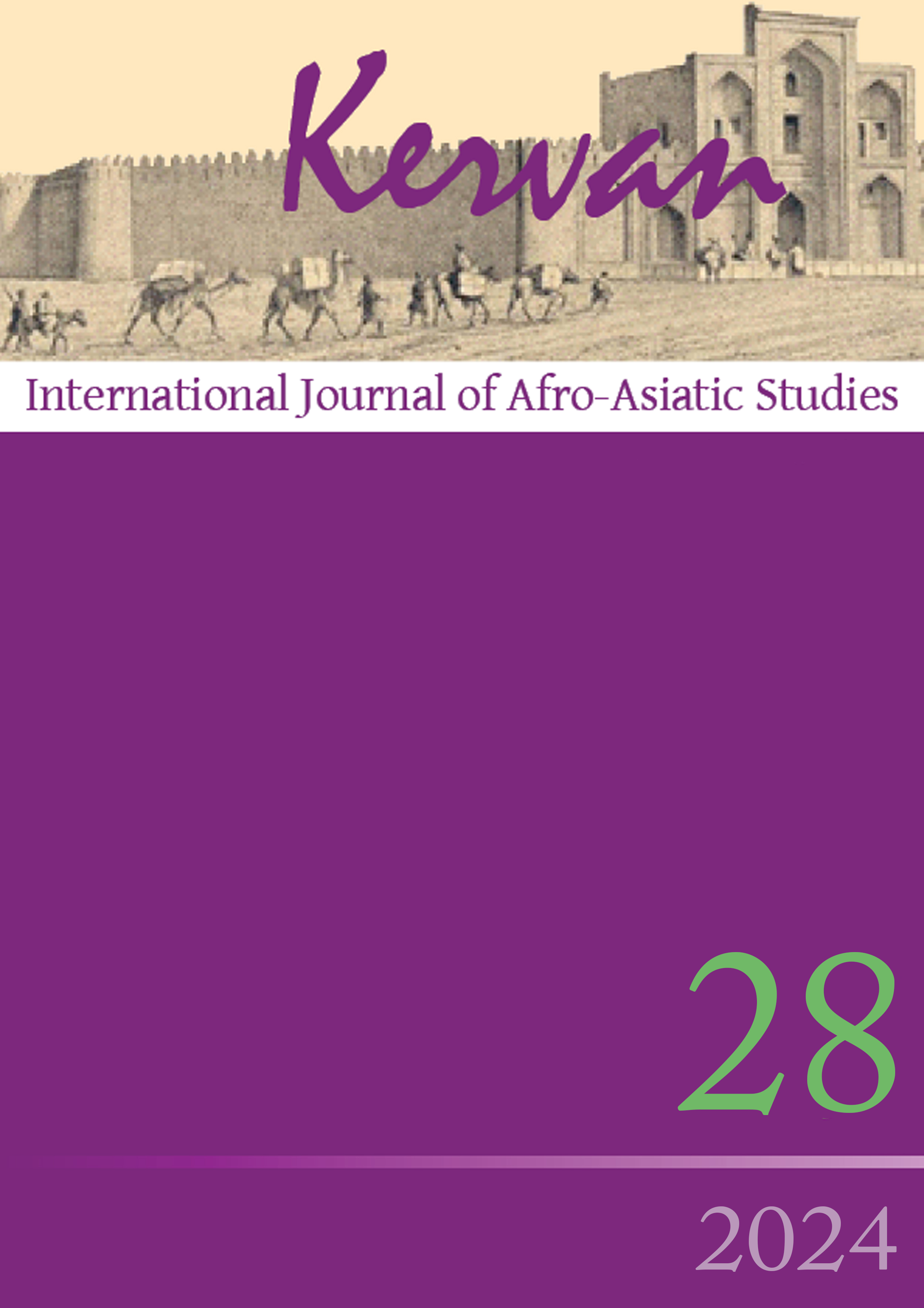“The bitter wine of my life:” Bitterness and tragicality in "The Blind Owl"
DOI:
https://doi.org/10.13135/1825-263X/10046Abstract
Sadegh Hedayat’s masterpiece The Blind Owl (1936) is repeatedly called the greatest Iranian modern novel and one of the best literary productions of the Twentieth century. Its contemporary modernist movements such as surrealism, symbolism and expressionism are the ones Hedayat had been familiar with and they become the medium via which his anonymous narrator communicates his story. Drawing upon Zhao Feng’s recent essay on surrealism and soteriological desire, this intervention suggests that surrealism for Hedayat in The Blind Owl does not play a soteriological role as it does for many surrealists, Andre Breton chief among them. Hedayat’s version seems much more extreme, cynical and tragic, delicately flavored with a persistent existential sense of bitterness which pervades the text.
Downloads
Downloads
Published
Issue
Section
License
Gli autori che pubblicano su Kervan accettano le seguenti condizioni:
- Gli autori mantengono i diritti sulla loro opera e cedono alla rivista il diritto di prima pubblicazione dell'opera, contemporaneamente licenziata sotto una Licenza Creative Commons - Attribuzione che permette ad altri di condividere l'opera indicando la paternità intellettuale e la prima pubblicazione su questa rivista.
- Gli autori possono aderire ad altri accordi di licenza non esclusiva per la distribuzione della versione dell'opera pubblicata (es. depositarla in un archivio istituzionale o pubblicarla in una monografia), a patto di indicare che la prima pubblicazione è avvenuta su questa rivista.


 The articles that have appeared on Kervan since 2016 are rated as Class A in the system of National Scientific Qualification (ASN, disciplines 10/N1 and 10/N3).
The articles that have appeared on Kervan since 2016 are rated as Class A in the system of National Scientific Qualification (ASN, disciplines 10/N1 and 10/N3). The journal has been approved for inclusion in DOAJ. The DOAJ listing of the journal is available at
The journal has been approved for inclusion in DOAJ. The DOAJ listing of the journal is available at  The journal has been approved for inclusion in ERIH PLUS. The ERIH PLUS listing of the journal is available at
The journal has been approved for inclusion in ERIH PLUS. The ERIH PLUS listing of the journal is available at  Kervan was just accepted for indexing in SCOPUS. This important milestone ensures that articles published in Kervan are easily found when searching for library, archives and Information science and it enables Kervan authors to keep track of how often their article has been cited by others.
Kervan was just accepted for indexing in SCOPUS. This important milestone ensures that articles published in Kervan are easily found when searching for library, archives and Information science and it enables Kervan authors to keep track of how often their article has been cited by others.

